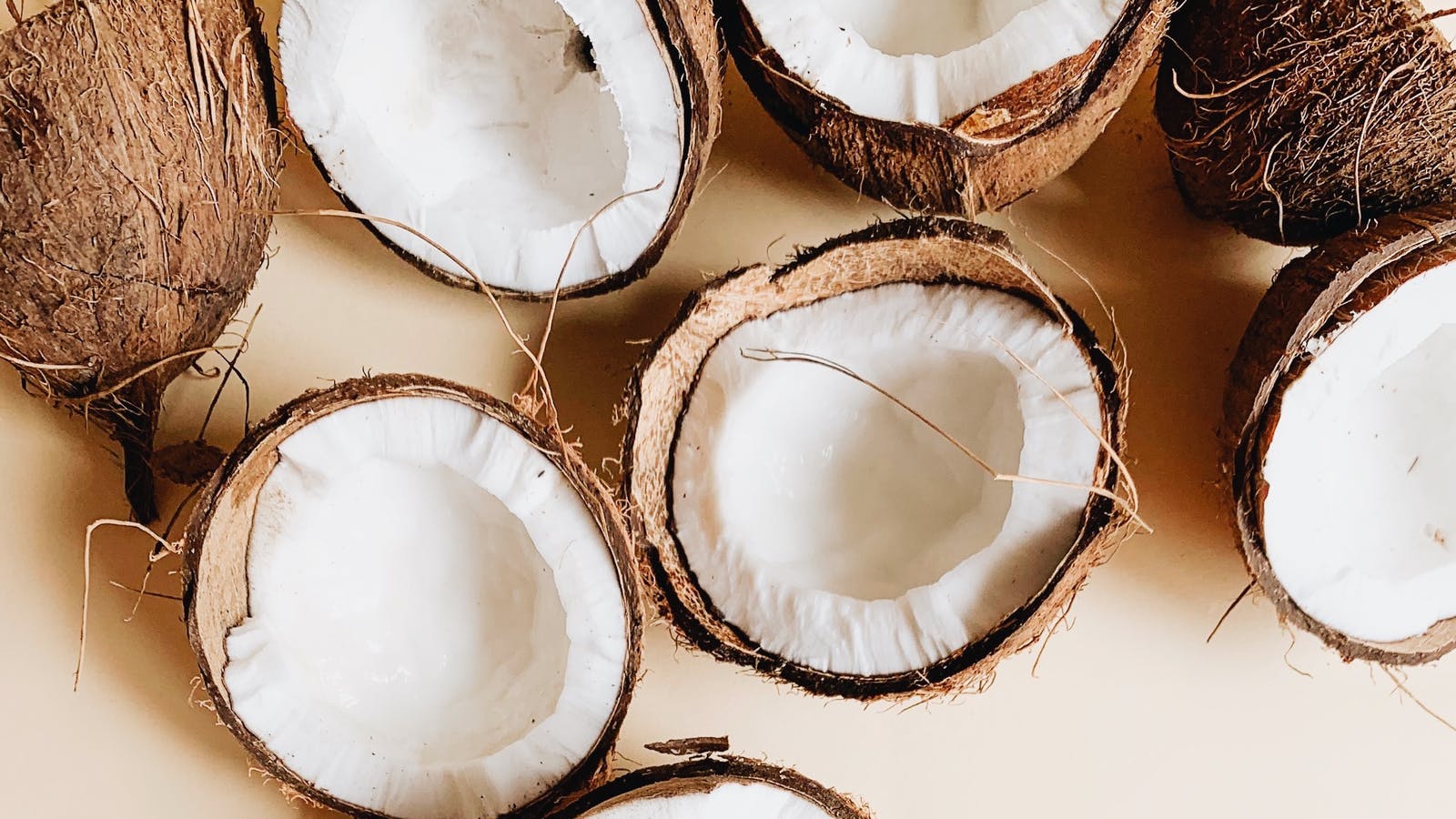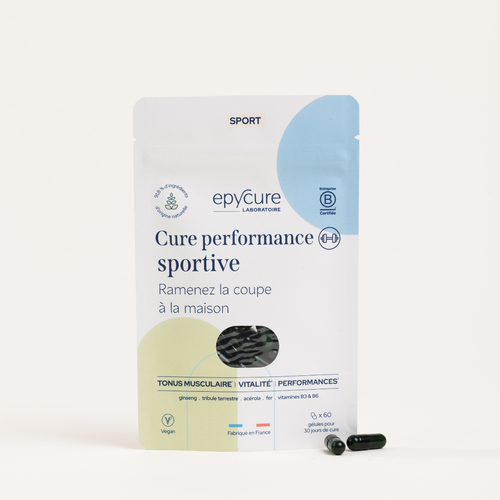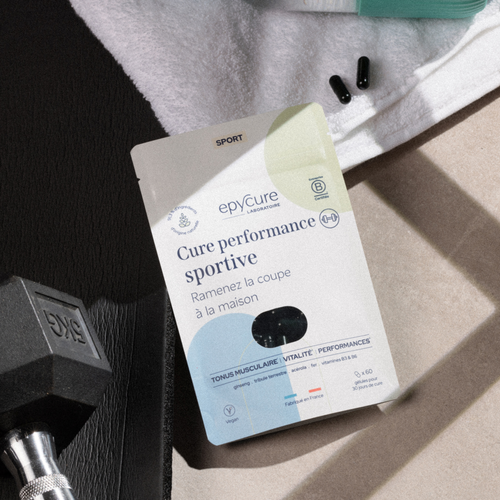To understand which foods can help you properly optimize recovery after exercise, it is important to understand the effects of physical activity on your body.
Why am I tired after sport?
When you exercise, your body undergoes various natural physiological changes:
- Loss of water and electrolytes due to sweating (minerals)
- A reduction in your energy reserves of glycogen (in the liver and in the muscles) and a consequent breakdown of muscle proteins: your muscles use their reserves of glycogen (or sugar) stored in the liver and in the muscles themselves, as fuel. This causes some muscle proteins to break down and become damaged.
- An increase in oxidative stress, i.e. free radicals responsible for aging, due to the body's adaptation to exercise.
- Inflammation of the digestive system due to reduced intestinal blood supply.
- Acidification of the body produced by metabolic waste naturally generated by our body when it creates energy.
How to recover faster after sport?
- Hydration right after exercise is very important. Depending on the intensity of your workout and the temperature of the environment (neither too cold nor too hot), you may also need to drink an electrolyte drink, such as coconut water or Quinton water, to keep to replenish sodium and potassium lost through sweat.
- If you do not eat a meal right away, take advantage of the “metabolic window” to have a snack rich in proteins and carbohydrates: the period of 30 to 45 minutes following exercise is called the metabolic window. During this time interval, the body is in an optimal state to assimilate the nutrients it needs and transport them to the muscle tissue, which causes good recovery and improves the ability to build muscle mass. Proteins and carbohydrates play a role in restoring glycogen stores in the liver and muscles and in stimulating the repair and synthesis of muscle fibers.
Concretely ? Adopt a diet rich in fruits (and bananas in particular) or oatmeal in the form of porridge or muesli + 1 or 2 eggs, 1 handful of oilseeds or 1 quality dairy product (prefer those made from milk). goat or sheep)
Choose a meal rich in natural, unprocessed foods, and covering the following needs:
- Alkalizing carbohydrates such as fruits and vegetables, potatoes, rice or legumes if tolerated.
- Proteins: favor eggs, fish or vegetable proteins (legumes) over red meat which contains more acidity.
- Anti-inflammatory omega-3s: contained in fatty fish (salmon, sardines, anchovies, mackerel, herring), flax and chia seeds, and linseed, camelina, walnut and rapeseed oils.
- Antioxidants: contained in red fruits, green tea, cocoa and even spices.
Also consider salting your dish with unrefined salt to restore your electrolyte balance.
How to speed up muscle recovery?
- First of all, a direct relationship between body and mind exists. In some people, the brain and thoughts can have control over certain reactions in our body. We then advise you to adopt 10-minute relaxation exercises to help you reduce tension and the concentration of lactate in the muscles. This will help you avoid aches and injuries.
- You can also do stretching sessions after each of your workouts. This will allow you to reduce the first muscular tensions and prepare your muscles to achieve new performances. These stretches will allow your brain to rest after your body has been moving.
- Don't neglect your sleep, it is just as essential as nutrition. Indeed, having quality sleep of sufficient duration must be an essential function to progress and be effective in your sessions.
Sources :



